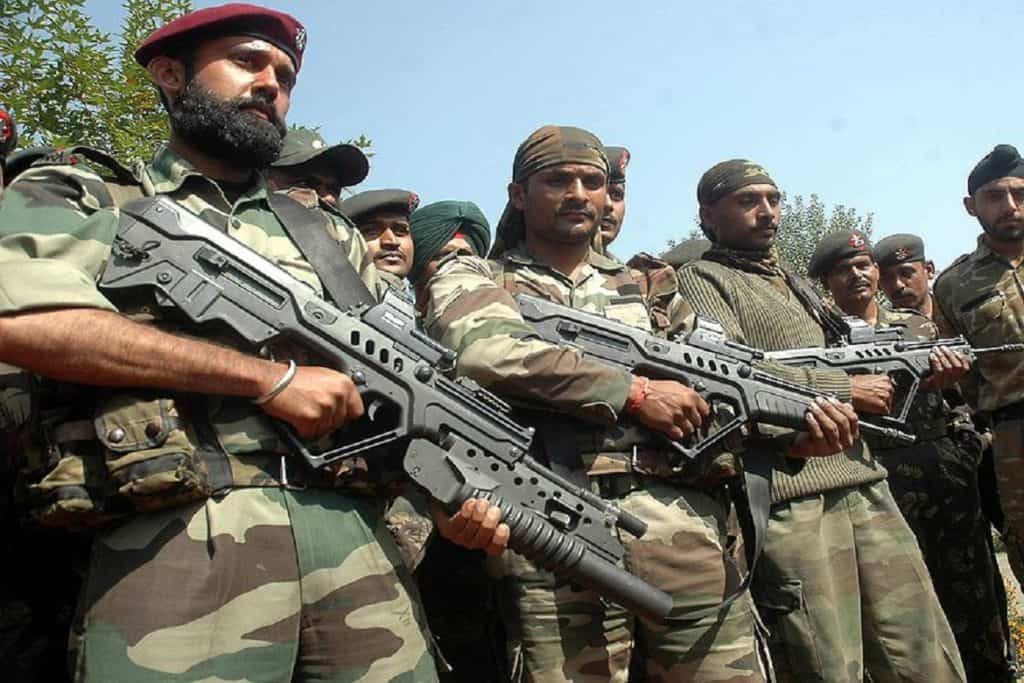By Denis Korkodinov
India is entirely dependent on stability and peace in the territory of the Greater Middle East. However, the decision of Donald Trump to reduce the American grouping of troops in Afghanistan gives rise to an increase in the influence of the Taliban regime in the region, which puts New Delhi in a vulnerable position. Under these conditions, New Delhi could take radical measures, choosing to escalate the conflict with Pakistan as means of reaffirming its supremacy.
The key point for the geopolitical revival of New Delhi was the series of terrorist attacks that the United States faced on November 9, 2001. Then the vector of American politics sharply shifted to Afghanistan and the Middle East, which allowed India to receive certain bonuses, also in the form of the weakening of the Taliban regime. At the same time, the intensification of the US military presence changed the India’s views of Russia, China and Pakistan, as key countries in the Middle East processes.
Washington began to consider New Dali as a strategic platform for neutralizing terrorist threats, as well as reducing the influence of geopolitical opponents. Because of this, India has been among the favorites of the White House administration for some time. This allowed Indian Prime Minister Manmaohan Singh and US President Barack Obama to create a strong alliance.
As part of the alliance, Washington supported India in the development of the international port of Chabahar, the construction of a gas pipeline along the route Turkmenistan-Afghanistan-Pakistan-India, as well as in establishing trade cooperation with Kabul. In turn, New Delhi has invested about $ 70 million in the Aini military base reconstruction project in Tajikistan in order to exert pressure on the Taliban movement in Afghanistan.
Indian Prime Minister Narendra Modi continued the policy of his predecessors, further strengthening the relations with the United States. Thus, in June 2014, the countries exchanged official recognitions of friendship, according to which New Delhi and Washington pledge to expand their cooperation in the fight against international terrorism and drug trafficking. However, the statements of Donald Trump about the withdrawal of the American armed forces from Syria and Afghanistan plunged India into a state of uncertainty.
On the one hand, as a result of the weakening of the American presence in Kabul, there is a huge risk of increased Taliban activity, which creates a threat to India’s national security. On the other hand, India is formally bound by its obligations to Washington, and therefore cannot do anything to put pressure on Afghanistan.
The statement by the American leader about the withdrawal of troops was made almost immediately after the meeting of the White House representatives with the Taliban in the United Arab Emirates. The mediator in the negotiations was Pakistan, which is particularly concerned about Indian militancy. Apparently, they were the Pakistanis that had the decisive role in determining the position of Donald Trump, who decided to reorient his preferences from New Delhi to Islamabad. Decision that could creates the risk of a major war of hegemony between India and Pakistan.
(The opinions expressed in this article are solely those of the author and do not necessarily reflect the views of World Geostrategic Insights).







